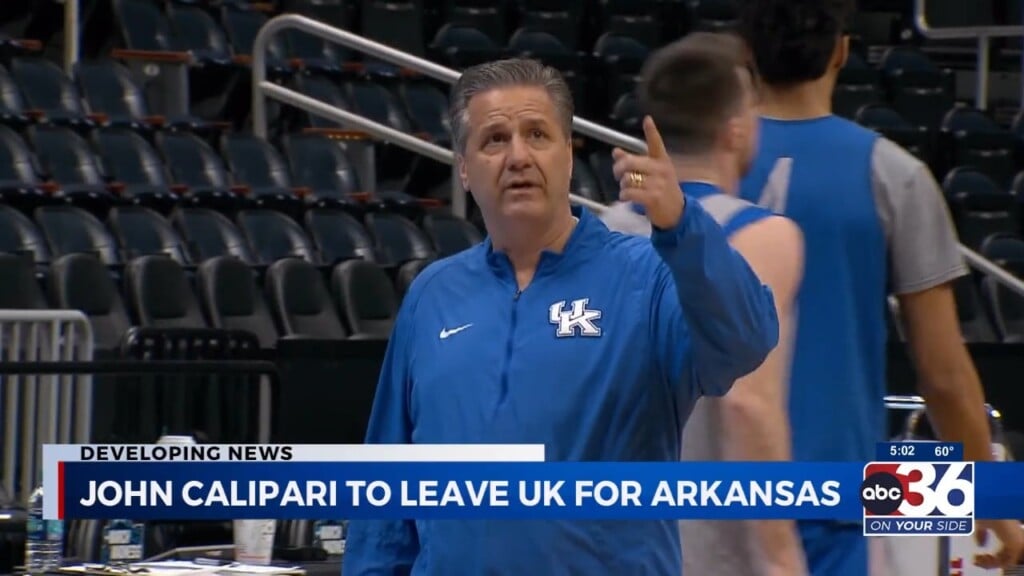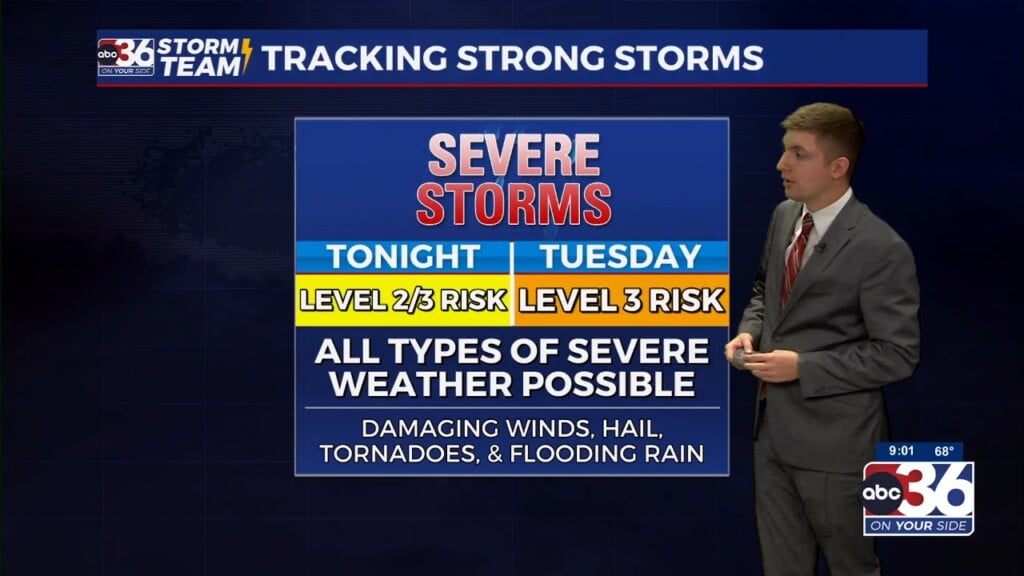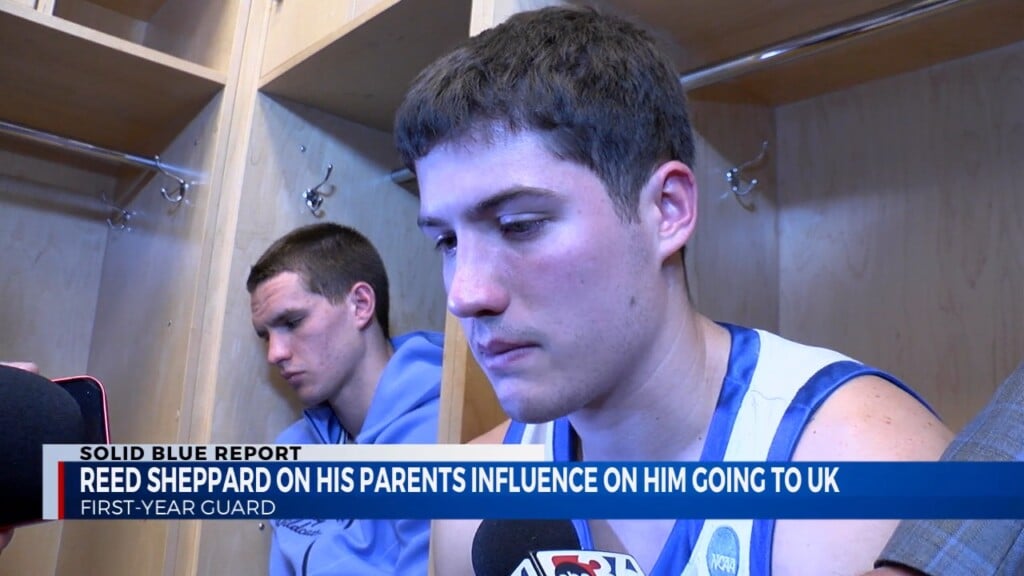Establishing a Healthy Relationship with Money, Satellite Interview
Speaker 1: Welcome back to Good Day Kentucky. According to a recent financial wellness consensus from Prudential Financial, 1/3 of Americans do not have an accurate handle on the state of their own finances. With October being National Financial Planning Month. We have Prudential’s financial advocate with us, Amanda Clayman, who is also a certified financial therapist, to get us and our finances in order by practicing healthy money habits. Welcome to the show Amanda.
Amanda Clayman: Thank you so much for having me.
Speaker 1: Well, thank you so much for being here. Can you tell us about what your work as a financial therapist entails exactly?
Amanda Clayman: My work as a financial therapist is mainly comprised of looking at both the how of money and the what of money. The what we tend to be pretty familiar with. These are things like, how we budget and save for retirement. And then, the how piece of it, is how we organize ourselves around those goals. Also, things like, keeping good boundaries with money, and having money be something that’s positive in our relationships instead of a source of conflict.
Speaker 1: Well, that would always be nice, wouldn’t it? Now, can you tell us …
Amanda Clayman: Right.
Speaker 1: About Prudential’s financial wellness consensus. What exactly is this?
Amanda Clayman: The Financial Wellness Census is really interesting. It’s one of the first comprehensive looks at Americans and the state of their money. By comprehensive, I mean, it looks at both our objective financial health. Things like, what we earn, what we spend, what we own, what we owe. Also, that subjective piece, how we experience ourselves doing these things, how confident we feel about being able to meet our goals. The census found that, we’re pretty evenly split. With 46% of us objectively, financially well, and then 54% of us, who are struggling. That other number that you mentioned before with one in three of us who don’t have an accurate sense of where we stand.
Speaker 1: Well, okay, but what exactly financial wellness of financial health really even mean, I guess.
Amanda Clayman: Exactly. I think a lot of people hear that and sort of scratch their head. Financial wellness is a, it’s a framework really, for thinking about money in a, different way. We often think of it as the domain of, sort of, the things that we should do, right? If we’re 100% rational, and organized, and if our behavior’s perfect. Most of us are sort of messy, or our choices are complicated. When we think about financial wellness, we get to move away from the sense of a perfect number, or just one size fits all finance and really think about what’s important to us in our lives and how do we organize ourselves, in order to balance what’s important to us and what we need today with what’s important to us and what do we need in the future.
Speaker 1: Gotcha. Now, what are some easy habits that we can incorporate to live, I guess, a more financially, healthy life. Do you have any suggestions there?
Amanda Clayman: I do. This is what I spend a lot of time working with people on. Obviously, finances are not a quick fix. To get to a healthy financial future, we need to be working consistently today. A couple of things that I like to recommend is, number one, start small. Number two, work consistently. By starting small, it helps to have a money date that you put in your calendar, that has a beginning time and also an end time, so it doesn’t feel so overwhelming.
You don’t have to feel like you have to do everything all at once. When you do this consistently, this is really where you’re going to be able to see results. If you reward yourself afterward, then even better. You’re really setting up a positive association with money, instead of being something that you feel like you have to do, or should do.
Speaker 1: Exactly. Where can people go for more information?
Amanda Clayman: This is the great thing. Prudential has set up with wonderful self assessment tool that you can take to figure out where you are today. That’s at prudential.com/stateofus. That’s where they can really see, not only where they stand, but the state of the country overall. You can start to break that taboo around money.
Speaker 1: Thank you so much Amanda, for all the tips. We really appreciate it. We have more Good Day Kentucky coming [crosstalk 00:04:03] up right after this. Keep it right here.




Leave a Reply